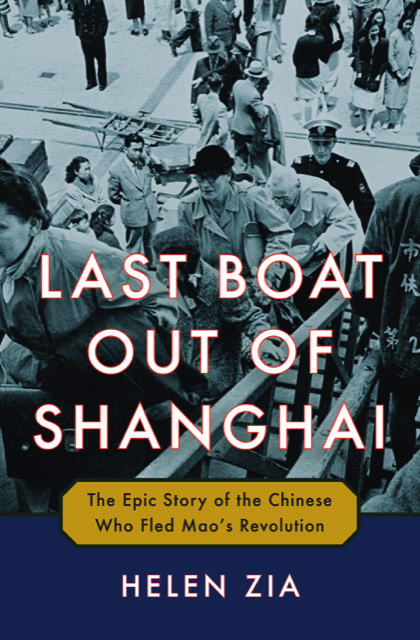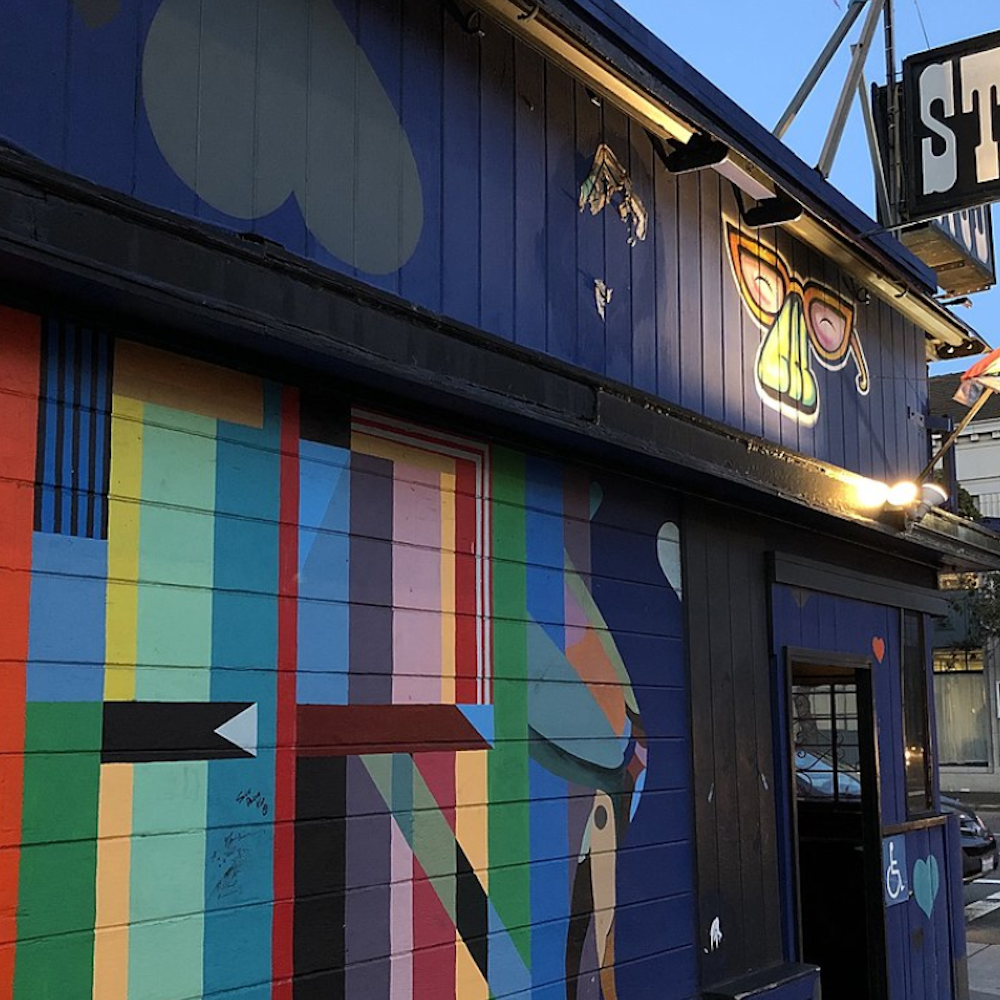
With the federal government shutdown over funding for a border wall entering its second month, conversations about immigrants, migrants and refugees continue to be at the forefront of national debate.
But one key topic is often left out of these discussions: Why some people make the difficult decision to leave their homelands in the first place.
Local author, journalist and activist Helen Zia explores these difficult decisions in her new book "Last Boat Out of Shanghai: The Epic Story of the Chinese Who Fled Mao’s Revolution." The book documents the lives of four people who left Shanghai in 1949, after Mao Zedong defeated Chiang Kai-shek and the communist People's Republic of China was born.
Zia spoke to hundreds of immigrants from the Shanghai diaspora, "trying to make their stories as human and successful as possible," she said. "With this book, I feel like I'm bringing these 70-year-old stories to light ... This is really a forgotten exodus, and [has] never really [been] written about in English."
The book tracks the hardships of life during the war, the collapse of the government, and the difficult decision to flee. It also highlights the discrimination these migrants faced in their new homes in Hong Kong, Taiwan and the United States — which may be all too familiar to modern readers.
"Imagine an entire city, about six times the size of San Francisco's population" all seeking to flee the country, she said. "Everywhere they went, they faced cruelty. They were not welcome."

It's a personal story for Zia, whose parents were part of the migration from Shanghai to the United States. They first met not in China, but New York.
But the rise of communist China complicated the status of immigrants like Zia's parents, who were subject to the paranoia of the McCarthy era.
"They weren't communists, but they got caught up in the dragnet," she said. Her father was detained, and her parents were scheduled to be deported — even though "their country was now closed, with a government that would have persecuted them if they'd returned."
Zia's parents, and many others, ultimately were allowed to stay because they had American-born children. "At the time, it was said to be an extreme and unusual hardship to separate children from their parents," Zia said.
Though the exodus Zia documents happened 70 years ago, "there are similarities and lessons to be learned," she said. And she believes the hardships experienced by Shanghainese who came to the U.S. in the '50s pale in comparison to what refugees experience today.
"This heartless, inhumane and immoral government that we have in Washington under this administration, is even worse today," she said.
"Immigrants and refugees, whether they are well-off or not, they have risked their lives. The smartest investment is to welcome them, because they are going to be the ones that give back even more than they take."
Helen Zia will read from "Last Boat Out of Shanghai" tonight at 5:45 p.m. at the Chinese Culture Center (750 Kearny St.). Admission is $5 or "pay what you can." For those who'd like to attend a 4:30-5:30 p.m. "pre-reception" with Zia, admission is $60, which includes a signed copy of the book.









